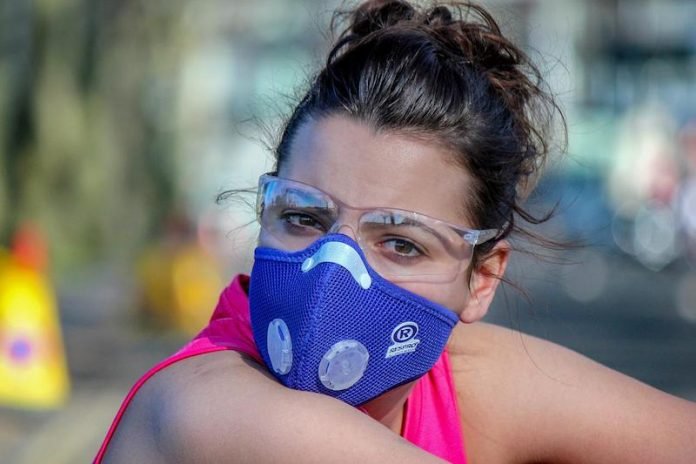
In a recent study from the Indian Institute of Science, scientists found that a drug used to treat asthma and allergies can bind to and block a crucial protein produced by the virus SARS-CoV-2, and reduce viral replication in human immune cells.
Approved by the U.S. Food and Drug Administration (FDA), the drug montelukast has been around for more than 20 years and is usually prescribed to reduce inflammation caused by conditions like asthma, hay fever and hives.
In the study, researchers showed that the drug binds strongly to one end (C-terminal) of a SARS-CoV-2 protein called Nsp1, which is one of the first viral proteins unleashed inside the human cells.
This protein can bind to ribosomes—the protein-making machinery—inside our immune cells and shut down the synthesis of vital proteins required by the immune system, thereby weakening it.
Targeting Nsp1 could therefore reduce the damage inflicted by the virus.
The team first used computational modeling to screen more than 1,600 FDA-approved drugs in order to find the ones that bound strongly to Nsp1.
From there, they were able to shortlist a dozen drugs including montelukast and saquinavir, an anti-HIV drug.
The researchers then cultured human cells in the lab that specifically produced Nsp1, treated them with montelukast and saquinavir separately and found that only montelukast was able to rescue the inhibition of protein synthesis by Nsp1.
The team further found that the drug was able to reduce viral numbers in infected cells in the culture.
They say clinicians have tried using the drug, and there are reports that said that montelukast reduced hospitalization in COVID-19 patients.
They plan to work with chemists to see if they can modify the structure of the drug to make it more potent against SARS-CoV-2.
If you care about COVID, please read studies new oral drug that may prevent death from COVID-19, and these drugs work well against BA.2 Omicron variant.
For more information about COVID, please see recent studies that people with these mental diseases have lower COVID-19 risk, and results showing scientists find a universal antibody therapy for all COVID-19 variants.
The study is published in eLife and was conducted by Tanweer Hussain et al.
Copyright © 2022 Knowridge Science Report. All rights reserved.



